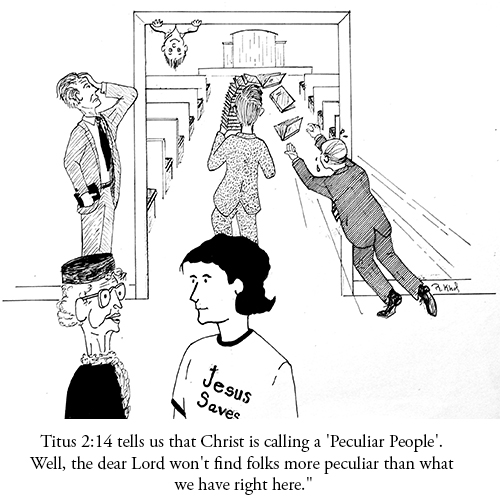For He received from God the Father honor and glory
when such a voice came to Him from the Excellent Glory:
“This is My beloved Son, in whom I am well pleased.”
2 Peter 1:17
Context! Extremely important in interpreting scripture, but absolutely essential in understanding the names of Christ. Who said it and where it was said are sometimes more important than what the title means. That is certainly clear in this verse.
Any title that matters is handed down from a higher power. That’s why almost all the names of Christ are God-breathed. Holy men of God wrote them down as they were inspired by the Holy Spirit. Normally, it’s a quiet process. God dictated to a human writer everything He wanted to communicate to Adam’s race: Sometimes through visions, sometimes through divine ideas that came into the writer’s head, but always the mind of God.
The context here is different. The voice of God thundered from heaven, and all who heard it fell down to the ground and curled into a fetal position. Impressive? It carried an impression that lasted the rest of their lives. Peter continues, “And we heard this voice which came from heaven when we were with Him on the holy mountain” (2 Peter 1:18).
Actually, this supernatural, verbal affirmation that Jesus was the well-pleasing, Beloved Son of God came on two separate occasions: The first at His baptism (Matthew 3:17), the second at the transfiguration (Matthew 17:5). In both cases, God the Father was proud to announce to the world, “That’s My Boy!”
God could have used a lot of adjectives to describe His Son: faithful, obedient, holy, wonderful, only; but He chose Beloved. God the Father has a special relationship with God the Son, which is rooted and grounded in love. Now, in Christ, believers can become beloved sons and daughters of God, all because Jesus is and always has been God’s Beloved Son.
January 15









